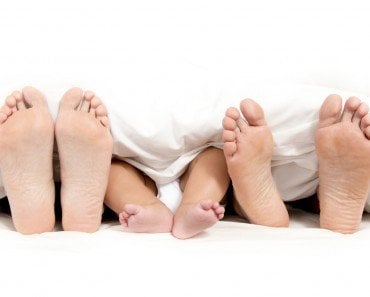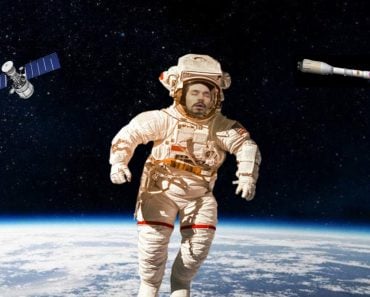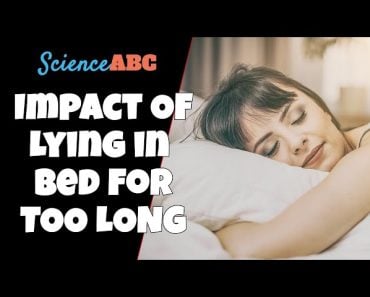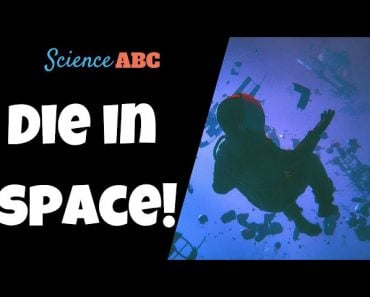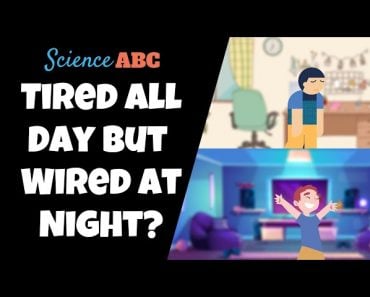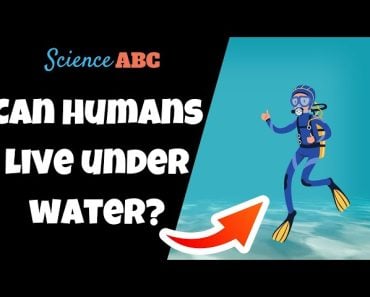Table of Contents (click to expand)
Even though we’re still breaking ground in discoveries in this area, it has been discovered that humans can hibernate for several reasons.
I’ve always dreamed of a world where I wouldn’t have to worry about having to do my chores or going to school on cold winter mornings. Turns out, it may have been possible all along!
As peaceful as shutting down for an extended period sounds, this act of hibernation won’t actually help you feel very rested. However, it could revolutionize how we repair the life-threatening injuries of trauma victims, and in space travel, it could take us beyond distances we’ve ever traveled before.
Recommended Video for you:
How Does Hibernation Work?
Hibernation is the state of dramatically reducing body temperature, breathing, and heart rate, along with other metabolic activities, to help certain species survive the winter months. This is done to conserve energy in the months when enough food simply isn’t available. They eat up a lot of food to store as energy before entering the state of hibernation, in order to help them fuel their dormant state.
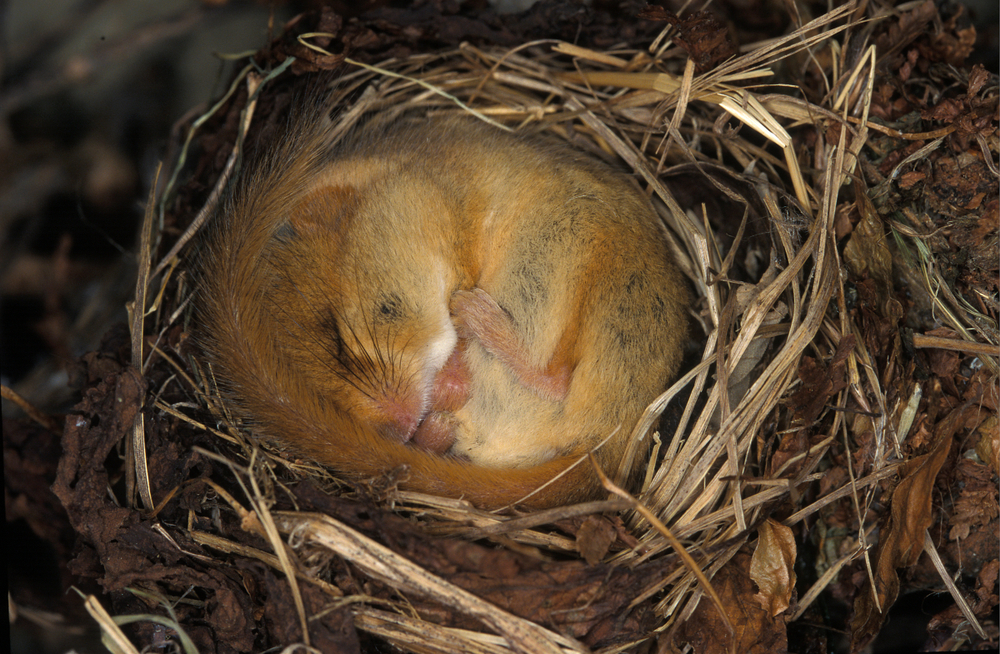
Hibernation is based on the principle of temperature regulation of the body. The temperature of the body drops drastically during hibernation, inducing a state of low metabolism called ‘torpor’. In this state, animals require almost no food, since most of our food intake is used to maintain our body temperature.
However, as feasible as this might be in small warm-blooded mammals, among humans, even a small drop from our standard temperature of 98.6 degrees Fahrenheit can be enough to induce shivering. Even if it doesn’t happen naturally, torpor can be induced medically in certain cases, such as during heart transplants.
How Can Hibernating Benefit Us?
The principle of cooling down our bodies to the state of torpor can be induced in trauma victims to help save their lives. This process is known as ‘emergency preservation and resuscitation’. It could occur in cases of accidents or fatal injuries, wherein the patient has only a narrow window of time to be resuscitated.
The patient’s body could be quickly cooled to slow down the heartbeat and body processes, allowing time for the doctors to perform potentially life-saving surgery.
This was inspired by the curious case of Mitsutaka Uchikoshi, a Japanese man who tripped and broke his pelvis while on a mountain with his friends. He lost unconsciousness and was found twenty-four days later… still alive! Due to hypothermia, his body temperature had fallen to 22 degrees Celsius, causing his metabolism to come to a halt, but leaving his heartbeat faint. He miraculously survived and fully recovered. Talk about luck!
Hibernation could also work in treating several diseases. Insomnia, which occurs due to a temperature drop in the body, in some cases, could potentially be cured by studying hibernation. Research is also being carried out on understanding metabolism based on temperature, which is closely related to diseases like diabetes and obesity.
Can We Use This To Create Hibernation Pods For Space Travel?
NASA has been funding SpaceWorks Enterprises, a company at the forefront of research in artificially-induced hibernation for astronauts. Currently, space travel over great distances isn’t possible due to limitations like the requirement of food resources, and the need for astronauts to move around. However, in cryo-sleep, the need for food would be greatly reduced, since the metabolic processes of the astronauts would be drastically reduced, almost to zero.
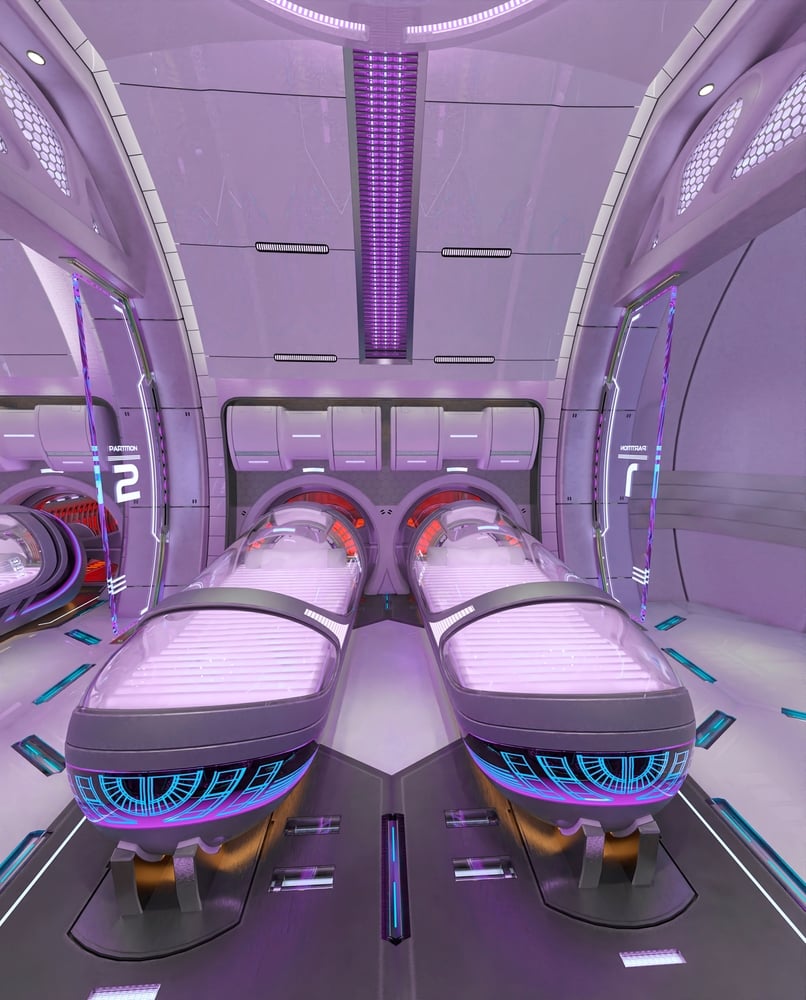
Since humans aren’t naturally equipped to store food in our bodies, administering some amount of food to the astronauts would be required, which could be done using a surgically inserted tube or an IV line.
It has been suggested that one of the astronauts would stay awake while the rest hibernated in two-week cycles, instead of having a long hibernation period for every traveler. Astronauts would be woken up after two weeks, allowing them to recover, and prepare for their next round of stasis.
This cycle design is also needed so that one person could be awake to take care of the crew and functions aboard the craft. Unlike the movie Passengers, we aren’t hi-tech enough to leave all our controls to a computer, sadly.
Another problem is how to lower the temperature of the astronaut’s bodies to a temperature of around 32 degrees Celsius, without inducing shivering. On land, this is done by administering sedatives in a process known as ‘therapeutic hypothermia’ or ‘targeted temperature management’. However, in space, this isn’t a safe option. There is a potential drug that could safely induce a state of torpor, and which works reliably on rats, but human trials are still underway.
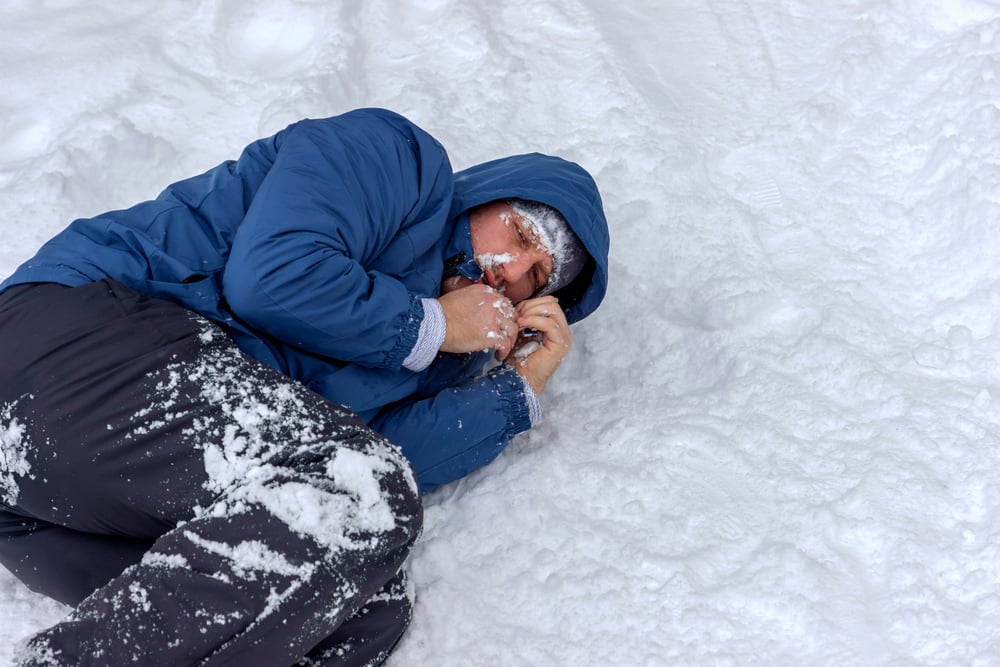
In stark contrast with the ship shown in Passengers, the size of the spacecraft would be kept small, which would further reduce the cost of interplanetary travel. However, astronauts might get individual pods to rest in, which would be pretty cool. I’m sure they would need that space after years of staying together on a spaceship.
The only drawback (which is only logical), is that cryo-sleep won’t elongate your life like it does in the movies; it won’t keep you forever young. You’ll still be aging. In fact, since our bodies aren’t equipped for the environment in space, suspension in low gravity for too long causes a number of health issues, like increased blood pressure due to the easier flow of blood, which could lead to impairment in vision. A possible solution for this is ‘neuromuscular electrical stimulation’, which would basically exercise the astronauts in cryo-sleep by sending electrical pulses into them, causing their muscles to contract.
With all the advancements, hibernation pods are no longer just pieces of fiction, but could soon be a reality. Once these issues have been tackled, space travel will get added to many more bucket lists—even mine!
References (click to expand)
- Andrews, M. T. (2007). Advances in molecular biology of hibernation in mammals. BioEssays. Wiley.
- Lyman, C. P., & Chatfield, P. O. (1955, April 1). Physiology of Hibernation in Mammals. Physiological Reviews. American Physiological Society.
- Could humans hibernate?. University of Oxford
- Is human hibernation possible? Going to sleep for long .... Phys.org


